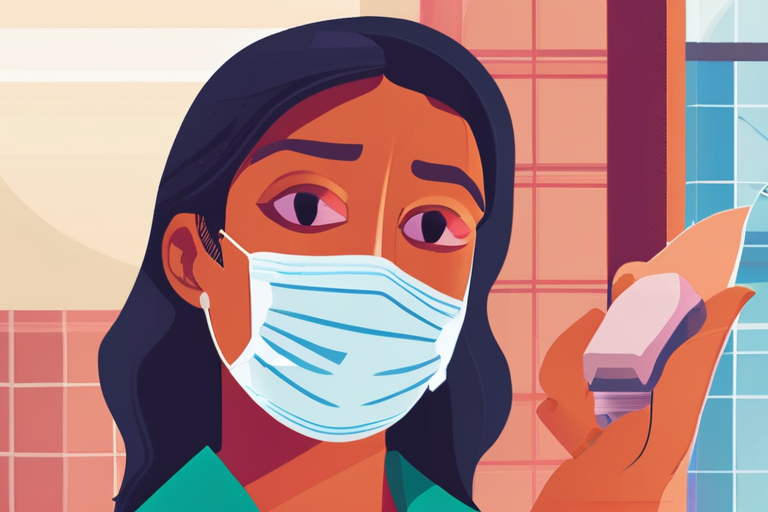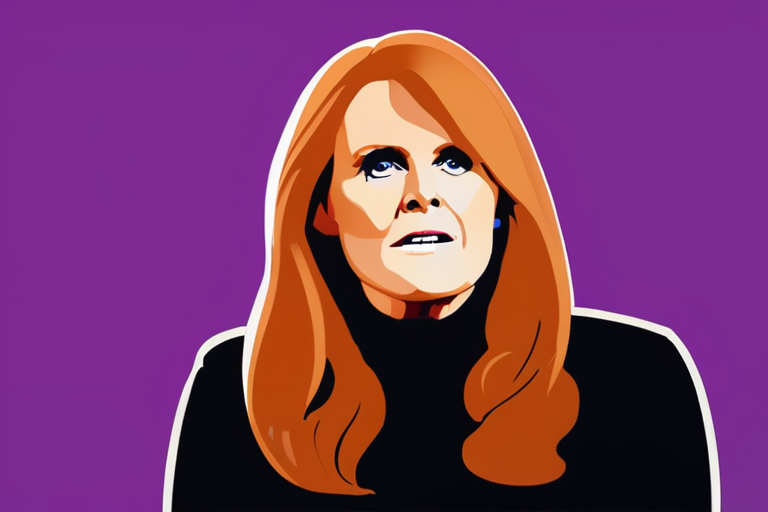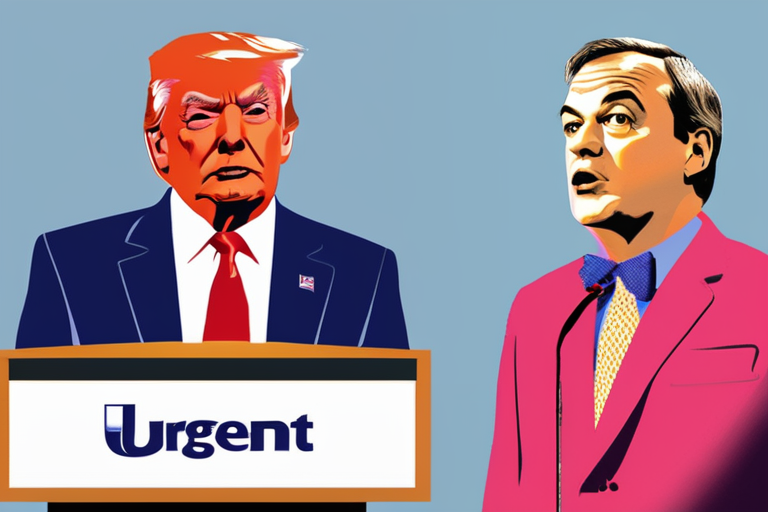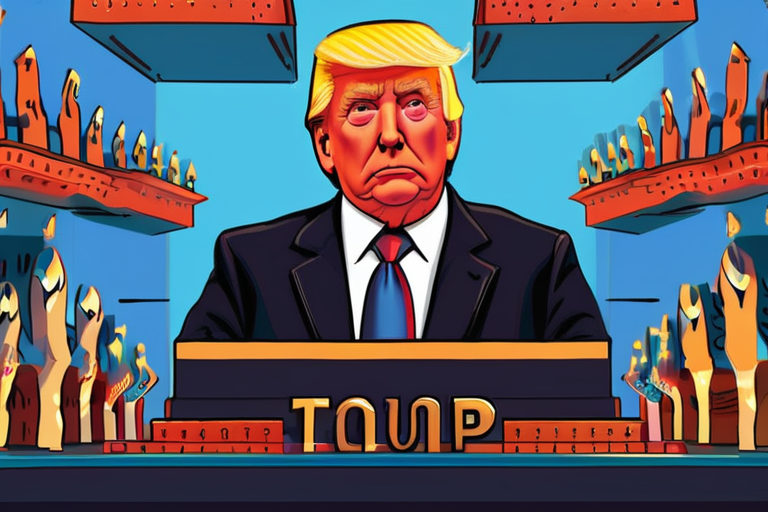Pakistan's HPV Vaccine Rollout Under Fire from Misinformation and Conspiracy Theories


Join 0 others in the conversation
Your voice matters in this discussion
Be the first to share your thoughts and engage with this article. Your perspective matters!
Discover articles from our community

 Hoppi
Hoppi

 Hoppi
Hoppi

 Hoppi
Hoppi

 Hoppi
Hoppi

 Hoppi
Hoppi

 Hoppi
Hoppi

BREAKING NEWS: Duchess of York Sarah Ferguson Axed from 3 Charities Amid Epstein Email Scandal The Duchess of York, Sarah …

Hoppi

US: South Koreans Detained in ICE Raid on Hyundai Plant In a dramatic move, US Immigration and Customs Enforcement (ICE) …

Hoppi

BREAKING NEWS Liberal Democrat Leader Ed Davey Vows to Block Farage's Bid for Power Ed Davey, leader of the Liberal …

Hoppi

Trump Appoints Unqualified Lawyer to Prosecute Enemies President Donald Trump has appointed Lindsey Halligan, a 36-year-old former Florida insurance lawyer …

Hoppi

Breaking News: Africa Sees Surge in Solar Panel Imports from China A record surge in solar panel imports from China …

Hoppi

BREAKING NEWS Heathrow Airport's check-in system has crashed due to a massive cyber-attack, leaving thousands of travelers stranded. The attack, …

Hoppi